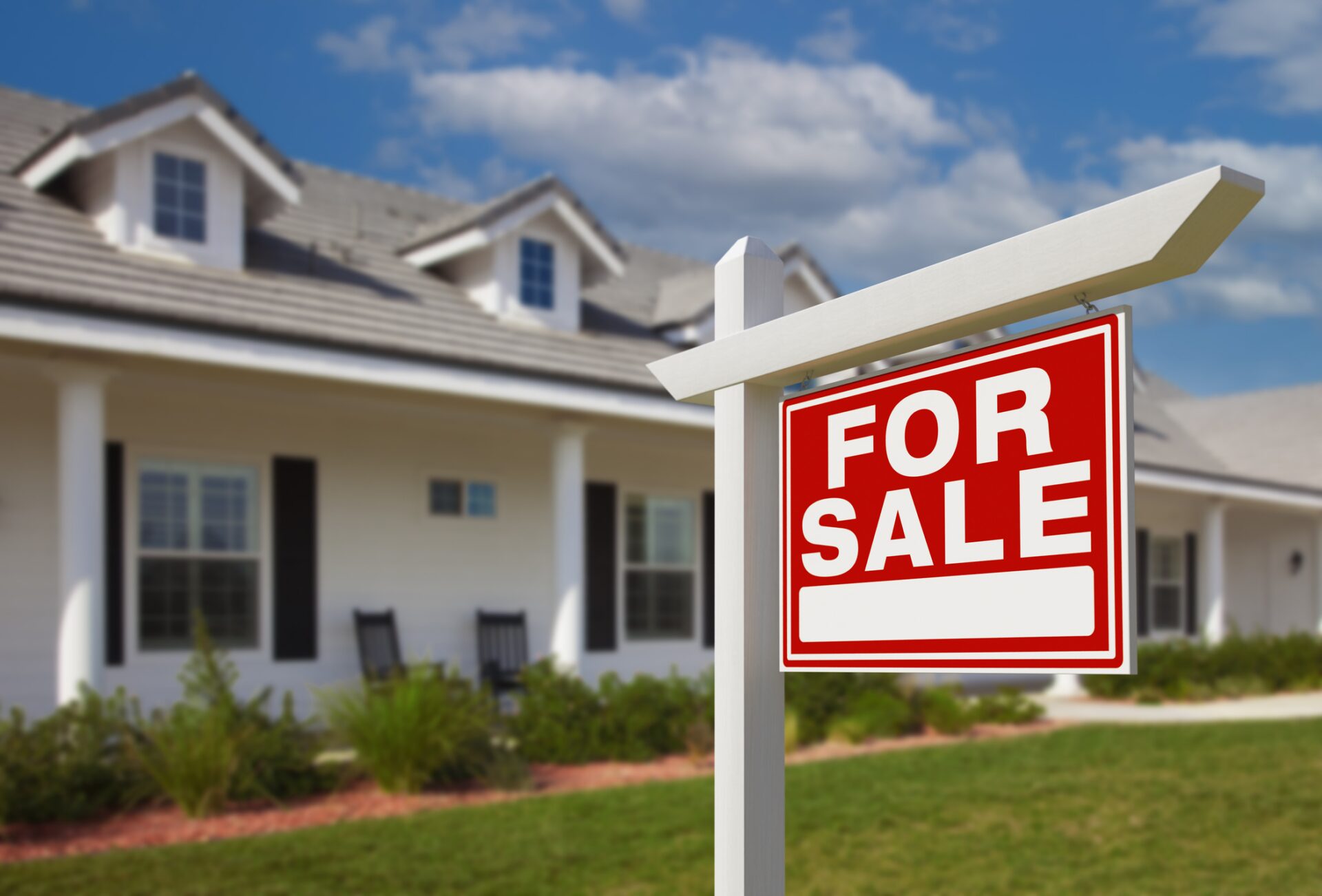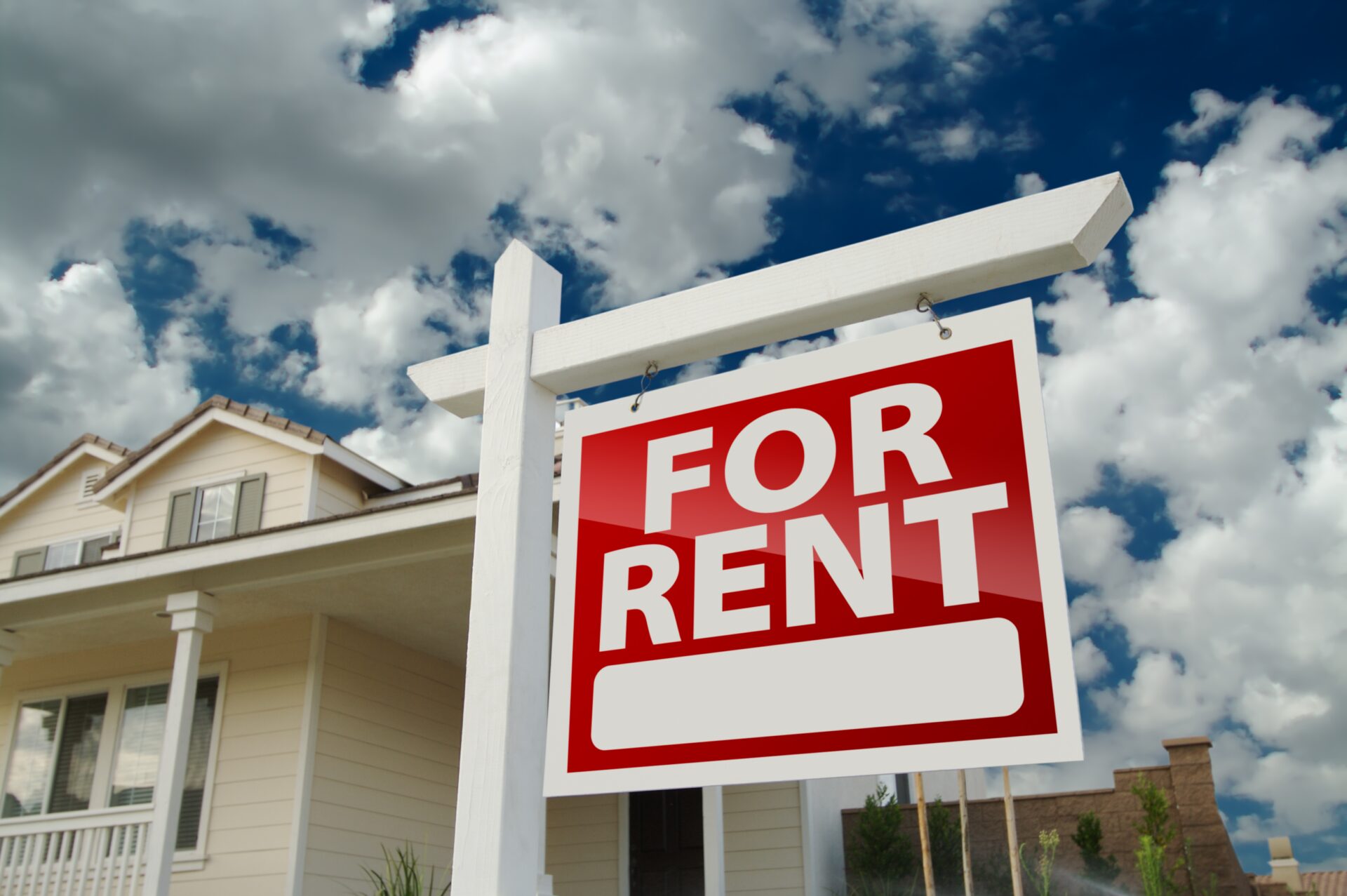Owning a house is considered a big achievement in life, but there may come a time when you consider moving out of your home. Whether for a reason such as job relocation, getting married, or needing more space, when you move out, homeowners may find themselves facing the question, “Should I sell my house or rent it out?”
For some, this may be a difficult question, so it’s essential homeowners weigh the different factors when making an informed decision.

Should I sell my house or rent it out?
Consider Your Financial Situation
One of the main factors to consider when deciding whether you should sell your house or rent it out is your financial situation. Selling a house can remove the burden of a mortgage payment and may give you a large sum of cash reserves at once. This can be beneficial if you need the money to purchase a new house, pay off debts or invest in stocks or mutual funds. On the other hand, renting it out can create a steady stream of passive income, and if you’re willing to keep the property for a long time, it may even appreciate in value over time.
Housing Market Conditions Can Influence If You Should Sell or Rent
If you find yourself asking, should I rent my house you’ll first want to consider the current housing market conditions. If the local housing market is booming, you may want to sell your home. By doing so, you may get more money for your house.
However, if the housing market is slow, and you can’t sell your property at a good price, it can sometimes mean the rental market is advantageous. By cashing in on rental income, you can generate regular cash flow and cash in on the potential for higher rental demand. When rentals are in high demand, you can rest assured your current home is generating a profit until the market recovers and you decide to sell.

Are you considering renting out your house?
Time and Effort It Takes to Sell or Rent
While renting out a property is an amazing source of passive income, it may require a significant amount of time and effort. Finding tenants, the phone calls and meetings to screen them, handling rent payments, and dealing with the legal aspects of renting a property can be challenging. If you’re prepared to put in the time and effort to become a good landlord, renting your property can be a great decision. On the other hand, if you want to avoid the hassle of being a landlord, selling your property is the best option.
Don’t Forget Property Maintenance
Renting out a property also comes with the responsibility of maintaining it. As a landlord, it is your responsibility to make any necessary repairs to keep the property in good condition. This includes regular maintenance of plumbing, electrical, and heating systems and fixing any damages that might have occurred during the tenant’s stay. The landlord usually bears the cost of maintenance, and if you’re not prepared to handle regular repairs and upkeep, owning a rental property may not be the best for you.
Tax Implications
Finally, it’s important to consider the tax implications of renting out your property or selling it. When you sell your house, you may have to pay capital gains tax on the profit you make, depending on a variety of factors, including whether it was your primary residence. However, by choosing to rent out your property, you’re able to deduct some of the expenses, such as property management fees, repair costs, and depreciation, from your taxable income. You will also still be required to pay property taxes should you decide to rent your home.

Selling a house may require you to make improvements before listing it.
Consider All of the Costs of Selling a House First
When deciding whether to list a house or put it on the rental market, consider educating yourself further on the basics of what goes into each of these choices. First, let’s take a closer look at the costs of selling your home.
Real Estate Agent Commission
When selling a home, perhaps the biggest cost is the real estate agent’s commission. Real estate agents typically charge a commission fee of 5-6% of the home sale price. This fee pays the agent for their services and covers the marketing, listing, as well as negotiating expenses. The commission fee is usually split between the buyer’s and seller’s agents; however, as a homeowner, you are still responsible for paying this commission. Depending on the sale price of your home, this commission can be a significant expense, so it’s important to take it into account when budgeting for the sale of your home.
Required Home Repairs and Improvements
Before putting your home on the market, you’ll need to make repairs to ensure your home looks its best to potential buyers. This can include everything from fixing a leaky roof and updating outdated bathroom fixtures to landscaping your yard. These expenses can add up quickly, especially if your home needs significant repairs and updates. Don’t forget, if a buyer has a home inspection, there may be additional repairs that may be required of you, which can mean additional time, effort, and dollars when selling your home.
Closing Costs
Finally, closing costs are another large expense associated with selling a home. These costs are fees associated with the transfer of ownership of a property and are typically paid by the buyer. However, as a seller, you may be responsible for paying some of these costs. While these costs are usually around 1-3% of the property’s value, they can add up quickly.
Consider All of the Costs of Renting out a House
Like selling a house, there are also additional costs associated with renting out your home.
Property Management Fees
Some property owners opt to hire a property management company to take care of their rental property. By doing so, a fee will be charged for their services. If you’re considering this path, keep in mind property management fees typically range from 8-10% of the monthly rental price. In some cases, these fees can be higher.
While the cost may seem steep, hiring a good property manager can save you headaches by handling the day-to-day tasks and ensuring your property is well-maintained, and the tenants pay rent.
Cost of Maintenance and Repairs of a Rental
One of the biggest costs of renting a home is the upkeep of the property. From regular maintenance, like lawn care and cleaning, to repairs, such as plumbing or electrical work, maintenance costs can add up quickly. As a landlord, it’s your responsibility to keep your property in good condition, even if you have tenants occupying the space.
Vacancy and Turnover Costs
Finally, it’s essential to consider the cost of vacancy and turnover when renting your home. When your property sits empty, you lose out on rental income. You must also continue to pay property taxes and perhaps even mortgage payments. These can add up to significant losses over time. Additionally, each time a tenant moves out, you’ll need to spend money on cleaning, repairs, and possibly renovations (changing carpet, paint, etc.) to get the property ready for the next tenant.

Whether you choose to sell your home or rent it out depends on your individual circumstances.
Conclusion
Deciding to sell or rent out your house may seem like a daunting task, but it all comes down to your circumstances. When making this decision, consider factors such as your financial situation, market conditions, the time and effort required, property maintenance, and tax implications.
Keep in mind there are also specific costs to account for with each decision. Regardless of what you choose, both options have their advantages and disadvantages, so it’s crucial to weigh out all the options before making a final decision.